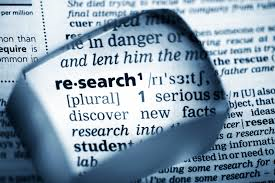Behind the Scenes - Drag Shows
/In Glitter, Glam, and Contraband, sassy Private Eye, Delanie Fitzgerald, is hired to find out who is stealing from the talent at a local drag show.
I had never been to a show before, and my writer friend, Rosemary Shomaker, organized an outing for a group of writers at Godfrey’s in Richmond, Virginia. We had so much fun, and brunch was wonderful. The banana-stuffed French toast tasted like dessert. And the talent was extremely generous with their time before and after the show. They answered a lot of my questions, and everyone wanted to be in a murder mystery.
I made up the club in Glitter, Glam, and Contraband, as well as the entertainers’ names. My characters, Amber Alert, Ana Conda, Ginger Snap, Kiki Jubilee, Cherri Bomb, Nova Cain, Paige Turner, and Tara Byte were a lot of fun to write. I gave each of them a stage persona with props. Ana Conda brought her boa to the show until it scared someone in the audience. Ginger Snap and Cherri Bomb were sexy redheads. Nova Cain was a naughty nurse, Paige Turner was a librarian, and Tara Byte was a computer geek.
While I was writing the book, I did a lot of research on websites like Ru Paul’s Drag Race. There are also a lot of good sites with makeup tips. I always learn interesting stuff while researching books.
The Gang from Godfreys with authors Fiona Quinn, Tina Glasneck, Rosemary Shomaker, and me
Check out all the adventures of Delanie and Duncan (and Margaret the English bulldog).
















